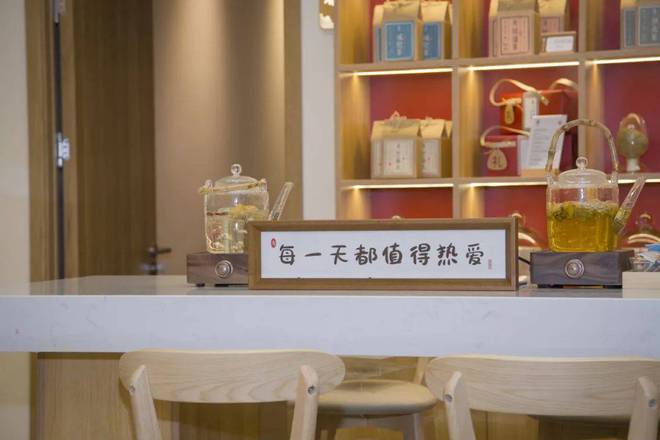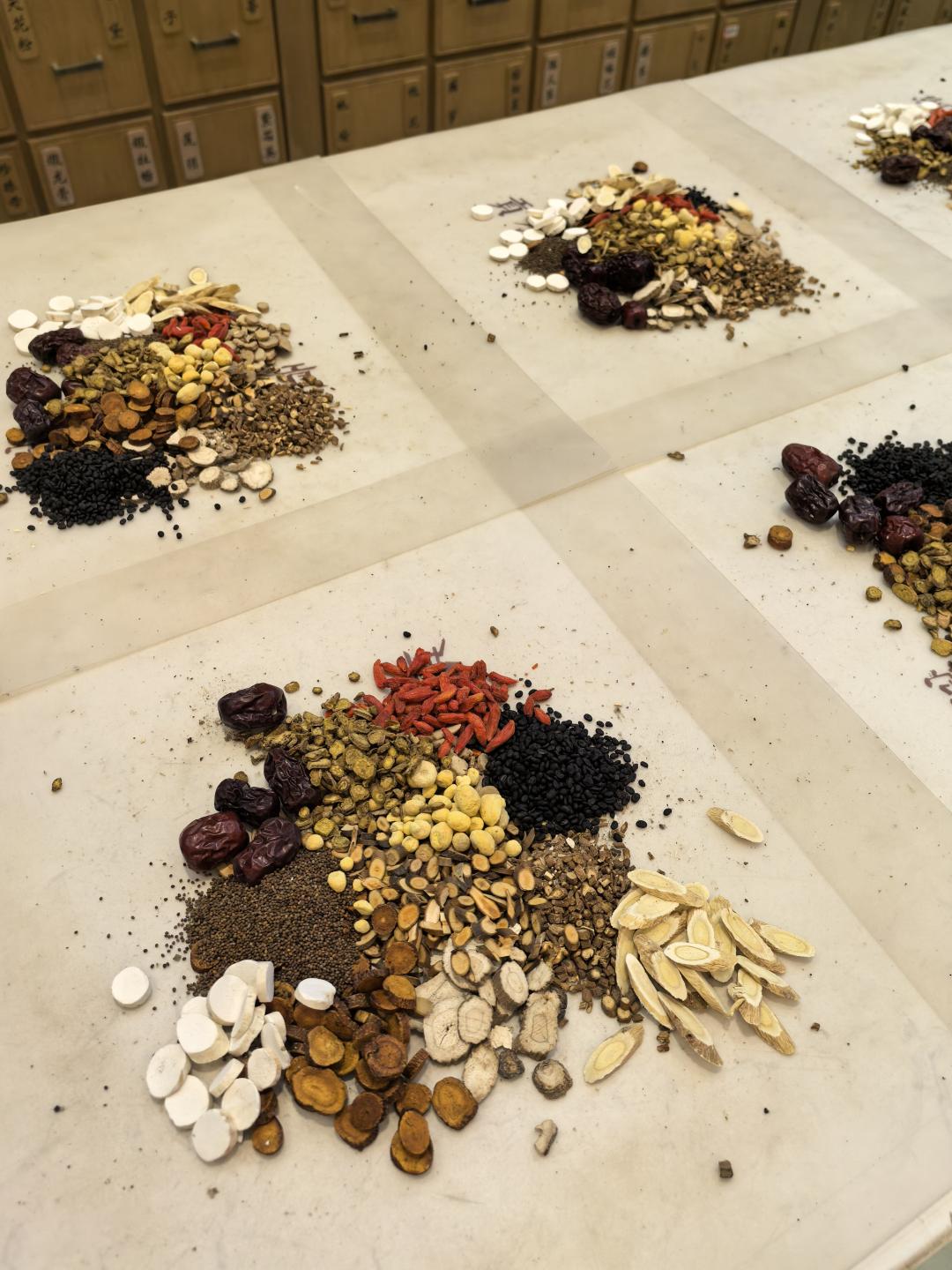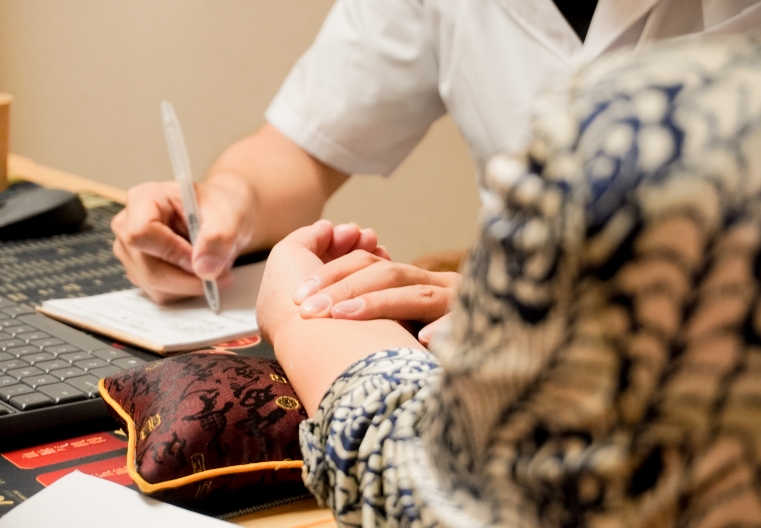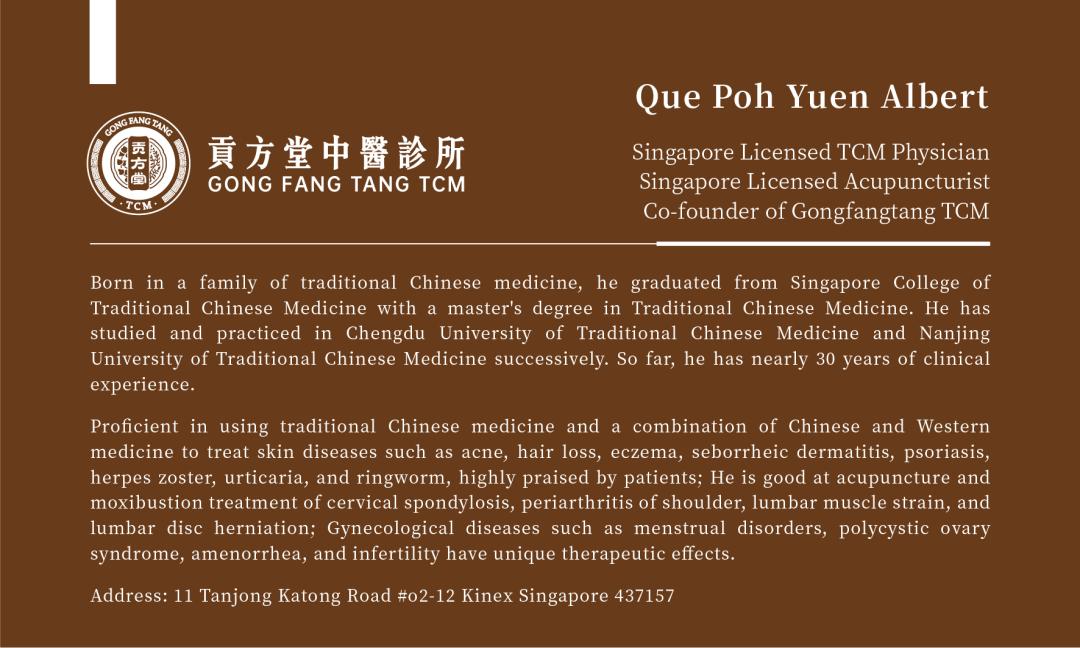When the weather isn't hot, yet you suddenly break into profuse sweating with heart palpitations and irritability; you wake up inexplicably in the middle of the night unable to fall back asleep; you can't help but fly off the handle over trivial matters... These seemingly "unreasonable" behaviors may be caused by menopause. How does TCM regulate this? What should you eat to recover best and fastest?

At what age do women typically experience menopause?
Core Period: Most women naturally enter menopause (perimenopause) between the ages of 45 and 55.
Starting Point: Marked by the onset of irregular menstruation (lengthened or shortened cycles, varying flow amounts).
End Point: Defined as 12 consecutive months without menstruation, officially entering postmenopause.
Individual Differences: Influenced by genetics, constitution, lifestyle, surgery (e.g., oophorectomy), etc. Some women may experience it before 40 (early menopause) or after 55.
What are the typical symptoms of menopause?
Vasomotor Symptoms (Most Typical):
Hot flashes, night sweats: Sudden feeling of heat, redness in face, neck, chest, accompanied by heavy sweating, worse at night (night sweats), lasting seconds to minutes, occurring several to dozens of times per day.
Neuropsychiatric Symptoms (Most Troublesome):
Mood swings: Irritability, anxiety, restlessness, depression, sensitivity, suspiciousness, difficulty controlling emotions.
Sleep disturbances: Difficulty falling asleep, waking easily, vivid dreams, early waking, fatigue upon waking.
Memory decline, difficulty concentrating.
Genitourinary Symptoms:
Menstrual irregularities: Irregular cycles, prolonged or shortened periods, increased or decreased flow, eventually cessation of periods.
Vaginal dryness, painful intercourse, decreased libido.
Frequent urination, urgency, recurrent urinary tract infections.
Somatic Symptoms:
Bone, joint, muscle pain: Lower back pain, joint stiffness, muscle aches (increased osteoporosis risk).
Skin sensations: Dryness, itching, numbness, or crawling sensations.
Heart palpitations, chest tightness, dizziness, headaches.
Fatigue, lethargy.

What TCM herbs are best and fastest for menopause recovery?
According to Dr. Que Poh Yuen Albert, a TCM gynecology expert at Singapore Gong Fang Tang TCM, TCM refers to menopause as "Syndromes Before and After Menopause". The core pathogenesis is the gradual decline of Kidney Qi, the exhaustion of Tian Gui (Heavenly Dew), and deficiency of the Chong and Ren Meridians. Among these, Kidney Yin deficiency with effulgent fire is one of the most common patterns.
Manifestations of Kidney Yin Deficiency with Effulgent Fire:
Hot flashes and night sweats (especially prominent, frequent)
Five-center heat (heat sensation in palms, soles, and chest)
Dizziness, tinnitus, soreness and weakness in the lower back and knees
Insomnia, vivid dreams, heart vexation, irritability, dry mouth and throat
Red tongue with scant coating, or thin yellow coating; thready, rapid pulse.
Here, Dr. Que shares a classic formula – Zhibai Dihuang Tang (Anemarrhena, Phellodendron, and Rehmannia Decoction). This formula is a 'powerful tool' for regulating Kidney Yin deficiency with effulgent fire during menopause. It addresses both root and branch: the Liu Wei (Six Ingredients) nourish the Kidney Yin 'root', while Anemarrhena and Phellodendron clear the deficient heat 'branch'. Many women, besides typical Yin deficiency with fire symptoms, also often have Liver Qi stagnation (manifesting as chest/rib-side distension, frequent sighing) or exuberant Heart fire (prominent heart vexation and insomnia). I often flexibly modify the original formula:
Prominent Liver Qi Stagnation: Add Chai Hu (Bupleurum root), Yu Jin (Curcuma root), He Huan Hua (Albizia flower) to soothe the Liver and relieve stagnation.
Exuberant Heart Fire, Severe Insomnia: Add Suan Zao Ren (Spine date seed), Ye Jiao Teng (Fleeceflower stem), Lian Zi Xin (Lotus plumule) to clear the Heart and calm the spirit.
Severe Hot Flashes/Night Sweats: Add Di Gu Pi (Lycium root bark), Bai Wei (Cynanchum root), Duan Mu Li (calcined Oyster shell), Fu Xiao Mai (light wheat) to enhance clearing deficient heat and arresting sweating.
Severe Dizziness/Tinnitus: Add Tian Ma (Gastrodia rhizome), Gou Teng (Uncaria stem), Ju Hua (Chrysanthemum flower) to pacify the Liver and subdue yang.
The key is precise syndrome differentiation, personalized formulas, and dynamic adjustments. For pure Yin deficiency without fire, Liu Wei Dihuang Wan (Six-Ingredient Rehmannia Pill) is sufficient; if deficient fire is evident, Zhibai Dihuang Tang is more effective.

Medical Case
Patient: Ms. Deng, 49 years old.
Chief Complaint: Menstrual irregularities for the past year (periods every 2-3 months, scant dark red flow), daily hot flashes 8-10 times (facial flushing, sweating, intense heart vexation; night sweats soaking clothes), severe insomnia (only 3-4 hours sleep per night, vivid dreams, easy waking), irritable and quick-tempered, frequent arguments with family, accompanied by dizziness, tinnitus, dry mouth and throat, soreness and weakness in the lower back and knees. Had taken Oryzanol without significant effect; refused hormone therapy.
First Visit: Thin build, flushed face. Tongue: red body, scant dry coating, redder at tip and edges. Pulse: wiry, thready, rapid.
Syndrome Differentiation: Kidney Yin deficiency, effulgent deficient fire, complicated by exuberant Heart and Liver fire.
Treatment Principle: Enrich Yin and downbear fire, clear the Heart and soothe the Liver, calm the spirit and settle the will.
Formula: Modified Zhibai Dihuang Tang.
Zhi Mu (Anemarrhena rhizome) 12g, Huang Bai (Phellodendron bark) 10g
Shu Di Huang (prepared Rehmannia root) 20g, Shan Zhu Yu (Cornus fruit) 15g
Shan Yao (Dioscorea rhizome) 15g, Mu Dan Pi (Moutan bark) 12g
Fu Ling (Poria) 15g, Ze Xie (Alisma rhizome) 10g
Add: Chai Hu (Bupleurum root) 10g (soothe Liver), Yu Jin (Curcuma root) 12g (relieve stagnation, clear Heart), Suan Zao Ren (Spine date seed) 30g (crushed, nourish Heart, calm spirit), Ye Jiao Teng (Fleeceflower stem) 30g (nourish blood, calm spirit), Di Gu Pi (Lycium root bark) 15g (clear deficient heat), Duan Mu Li (calcined Oyster shell) 30g (decoct first, arrest sweating, subdue yang)
Administration: One dose daily, decocted in water, taken warm morning and evening. Avoid spicy, drying, heating foods, coffee, and strong tea.
Result:
First Week: After 3 days of medication, hot flashes began decreasing (approx. 5-6 times/day), intensity lessened, night sweats reduced by ~50%. Slight improvement in sleep (able to sleep 4-5 hours), mood slightly stabilized. Dry mouth alleviated.
Second Week (Slightly adjusted formula): Reduced Huang Bai slightly (to 8g) in the original formula, added Mai Dong (Ophiopogon root) 15g (nourish Yin, promote fluid production). Hot flashes further reduced to 2-3 times/day, with mild sweating. Night sweating essentially stopped. Sleep duration extended to 5-6 hours, dreams decreased. Mood significantly calmer, dizziness and tinnitus lessened.
After three weeks of regulation: All symptoms resolved completely.
